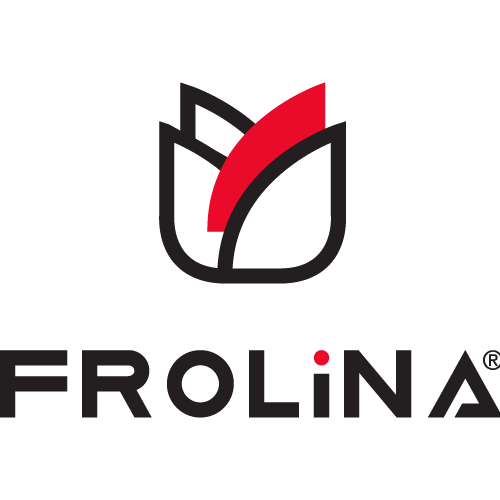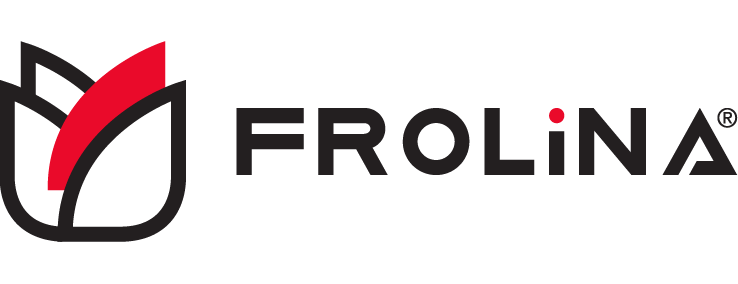Content
You don’t have to use a cryptocurrency exchange to buy or sell cryptocurrency. For the service Proof of space provided, exchanges generally charge fees to help them cover expenses. Exchange fees are usually based on a percentage of your trading volume and go down the more you trade.
Why do crypto exchanges charge fees?
Crypto withdrawals incur a flat fee, with additional charges based on blockchain network fees. Maker fees can range from 0–0.2%, while taker fees can https://www.xcritical.com/ go up to 0.5% or higher, depending on the exchange and trading volume. Some exchanges offer a fixed percentage fee for both makers and takers, while others have a tiered system where fees decrease as trading volume increases. Crypto transaction fees are additional payments made when you transfer digital assets from one wallet to another or interact with a smart contract on a network like Ethereum or OKC.
What Is the Transaction Fee for $1,000 of Bitcoin?
Some of the most popular crypto exchanges that charge less include Kraken. As of June 2024, there are over a thousand cryptocurrency exchanges worldwide. These platforms allow you to buy, sell, and exchange cryptocurrencies, including bitcoin and altcoins. Binance offers traders decentralized exchange fees immense liquidity levels, meaning they can buy and sell cryptocurrencies without experiencing swift price fluctuations. When there is high demand for a cryptocurrency, trading volume increases and liquidity improves. As a result, exchanges may lower their fees to attract more traders and capitalize on the increased market activity.
What Cryptocurrency Exchange has the Lowest Fees?

Another feature that sets Prime XBT apart is its copycat feature that allows users to mimic successful crypto traders, which is particularly useful for beginners looking to understand how to trade. However, when depositing large amounts, some (not all) exchanges do charge a fee to facilitate the process. Most exchanges do not charge to make deposits for the simple fact that they will make a return on the process once the user has invested their deposit. And as we are about to see, most fees are not unreasonable if crypto transactions are carried out with proper thought and care.
Loyalty Programs and Exchange Tokens
Fotis is good at breaking down different topics to give useful information, helping readers stay updated on emerging trends. So, although you will inevitably have to pay a few minor costs, don’t be disheartened. Some of the key exchanges have tools to help you make the most out of your crypto and learn more about how the world of crypto works.
However, this ranking does not reflect the entire quality of the service. This list is created based on the latest data available as of June 2024. Each crypto exchange listed here has its unique features, advantages, and flaws.
- The new product is designed to follow regulatory requirements after…
- To lower the cost of withdrawals, consider withdrawing larger amounts less frequently, and be vigilant about selecting the most efficient withdrawal options provided by the exchange.
- Understanding exchange fees is more than just a matter of cents and dollars; it’s about optimizing your trading strategy for maximum profitability.
- To set a custom transaction fee in OKX Wallet, tap Customize from the transaction fee menu.
Otherwise, for physical cash deposits at Blueshyft newsagents, the deposit fee is up to 2.5%. As far as I could find, cryptocurrencies with ZERO transaction fees don’t really exist, with some exceptions (such as the NANO coin). However, there are many cryptos that offer the lowest transaction fees – so, you could say that there are PRACTICALLY no fees. Going back to crypto gas fees, the point I’m trying to make is simple – gas fees are not stable, and will depend on various factors.
When you place simple buy and sell orders, Coinbase includes a spread in the quoted price. The spread is also included in the exchange rate when converting from one cryptocurrency to another. The next popular type of crypto fees is called “transaction fees”, or “trading fees”.

However, tracking network congestion to find the best time to make a transaction is not always practical. A consensus mechanism is the process by which network participants agree on which transactions are valid. Regardless of the mechanism, both miners and validators confirm transactions within blockchains, and they don’t do this for free. Cryptocurrency exchanges may not always be the only places where investors can incur crypto fees. Several brokerage houses would like to introduce cryptocurrency exchange-traded funds, and Fidelity already has. Some exchanges will charge you for deposits into your digital wallet, and conversion fees for moving from cryptocurrency to fiat currency may also apply.
Network fees fluctuate depending on network congestion, and they are determined by supply and demand forces. During times of high congestion, network fees may increase significantly as users compete to get their transactions processed by offering higher fees to miners. Specifications include 0.75% maker fees, 1.5-3% taker fees, 0% deposit fees, 0.75% withdrawal fees, minimum transaction of 10$ and 20+ cryptocurrencies.
For example, if you want to use an exchange or lending platform based on the Ethereum blockchain, like Uniswap or Aave, you may have to pay a gas fee for the transactions made under your name. As we discussed previously, makers are favorited by exchange platforms, not takers. Because takers remove liquidity, a platform is a lot more likely to charge them a higher fee for their trade. It is important to be aware of the fee structure on the platform you are using and compare this to other exchanges as well.
As a crypto trader, your next investment decision could theoretically happen at any minute — and that, in turn, means it’s in your best interest to keep your knowledge about fees up to date. When you liquidate cryptocurrency into fiat — government-backed — currency, you are likely to face fees for that withdrawal and the related deposit into your digital wallet. Cryptocurrency is a digital asset that, to date, is not controlled by any regulatory party, including the government.
Crypto exchanges typically charge withdrawal fees when you move cryptocurrencies from the exchange wallet to an external wallet or another exchange. These fees vary based on the type of cryptocurrency, network congestion, and other factors. With a wide range of exchanges and varying fee structures, it’s crucial to navigate these complexities and develop cost-effective trading strategies. Altcoin Investor provides a comprehensive breakdown to help you make sense of crypto exchange fees, empowering you to make more well-informed decisions and reduce your trading costs. Initially founded in Hong Kong, Crypto.com is a Singapore-based crypto exchange platform. It offers various services including digital currency trading, a DeFi (Decentralized Finance) wallet, and an NFT marketplace.

